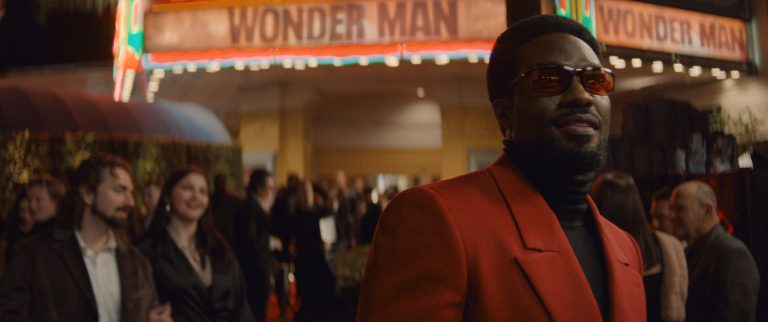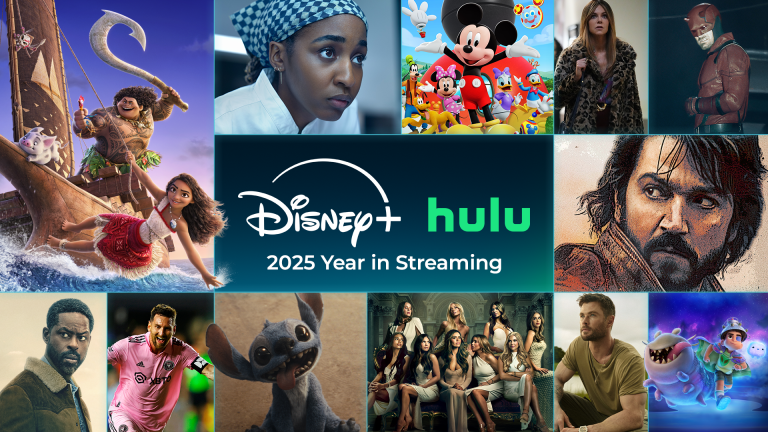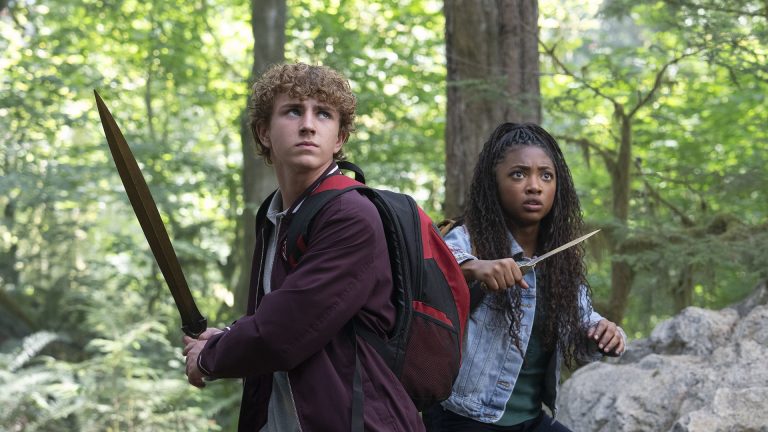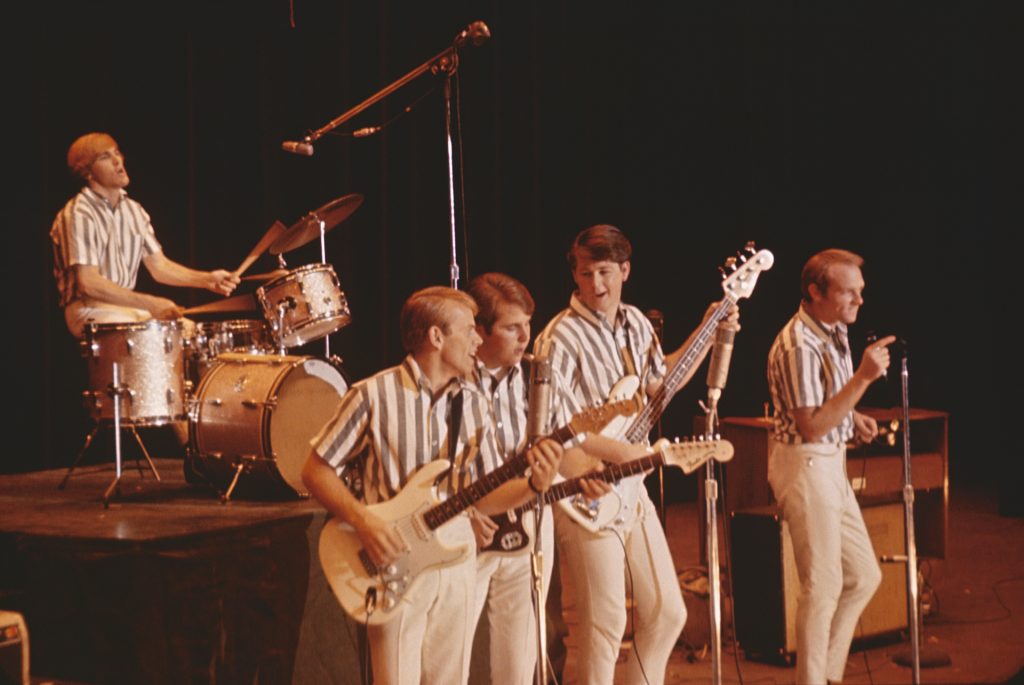
Frank Marshall, one of the most successful filmmakers in Hollywood history, started his journey to The Beach Boys—a new documentary which premieres on Disney+ this Friday—with a simple question: “Why did their band work and mine didn’t?”
Marshall, who grew up in Newport Beach, California, was surrounded by surf culture and, by extension, The Beach Boys.
“I was a surfer when I was in high school, and I also was in a little band,” Marshall says. “My dad taught me guitar, and so we played surf music, but it was all instrumental. Then along came these guys who added lyrics and harmonies to surf music. I’m now in a fortunate position where I can go on a journey of discovery and origin to see how this all happened. What made them tick?”
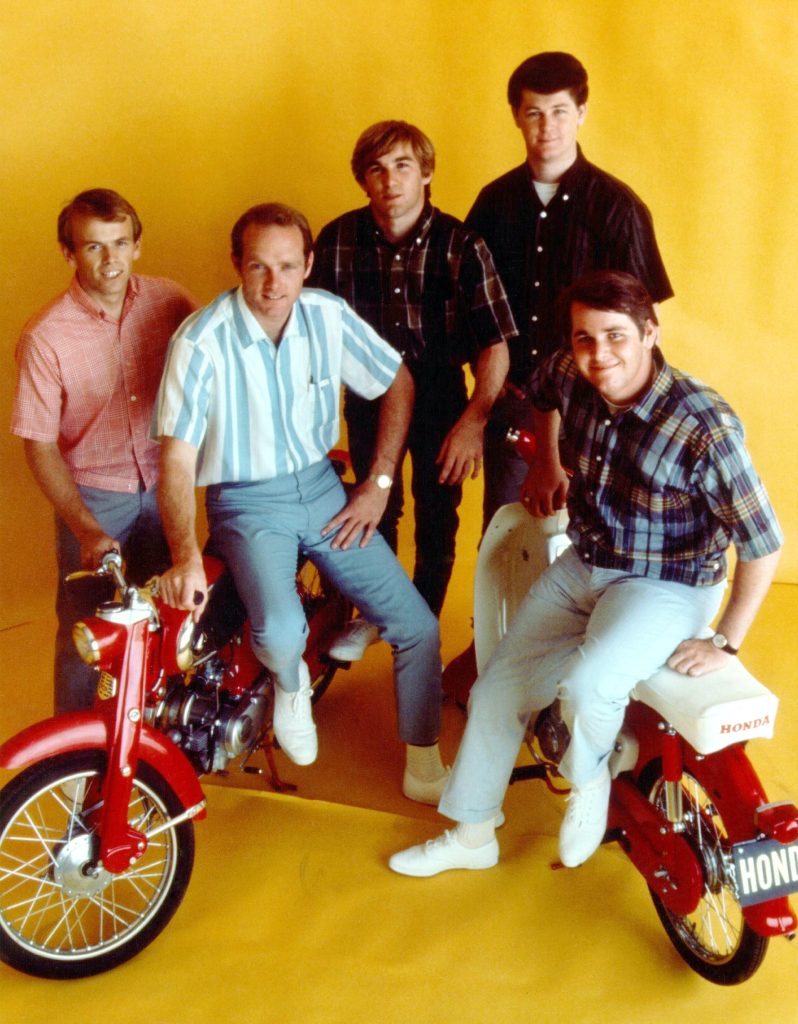
The documentary celebrates the band that revolutionized pop music and the iconic, harmonious sound they created that personified the California dream. It chronicles the band’s humble family beginnings and its original lineup: brothers Brian, Dennis, and Carl Wilson, along with their cousin, Mike Love, and friend, Al Jardine.
“The challenge was there were so many stories to tell, and I wanted to give them equal weight and time,” Marshall says. “The Beach Boys is a combination and a collaboration, and no singular part on its own tells the story. So, that was a challenge. How do I tell the story? There’s the family unit, but then certain members also come in and out.”
The Beach Boys is also the latest example of Disney+ being home to musical storytelling such as Taylor Swift | The Eras Tour (Taylor’s Version), Black Is King: A Film by Beyoncé, and two documentaries about The Beach Boys’ biggest competitors, The Beatles: Let It Be and The Beatles: Get Back—all currently streaming on Disney+.
“They weren’t rivals. They were friendly competitors who inspired each other,” Marshall says of The Beatles and The Beach Boys. “We wouldn’t have Sgt. Pepper’s without Pet Sounds, I don’t think.”
However, Love is quick to point out that The Beach Boys were once voted the top group in Britain, based on the strength of “Good Vibrations.” The second group? “That would be The Beatles,” he says. “But then they beat us on Rolling Stone‘s 500 Best Albums of All Time list; Sgt. Pepper’s was No. 1, and Pet Sounds is No 2. I hope we get a recount one day, but…”
The “most amazing thing” Marshall discovered while making the documentary is that there were “two groups” in the 1960s: a recording group (aka “the stay-at-home group”) and a touring group. “The stay-at-home group was Brian Wilson, and the guys all went on tour,” he says. “Brian didn’t have the pressure of touring, so he could create these incredible melodies and songs. Then Mike would come in and write the lyrics, and then all the other guys would come back and sing their parts. And that’s what makes The Beach Boys unique.”
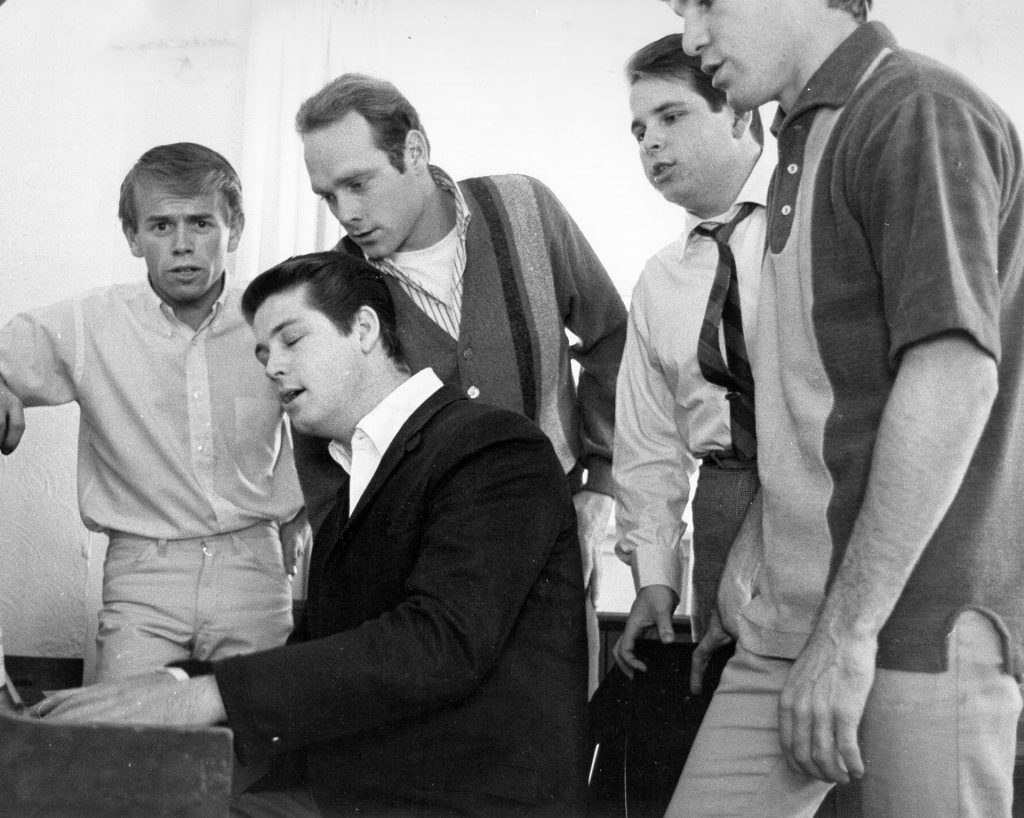
Not only does The Beach Boys chronicle the band’s ever-evolving lineup changes in rich detail, but it paints a familial portrait of loss, perseverance, and triumph, set against an American songbook that defined the twentieth century and continues to resonate today.
“It was a real drag when Brian left in November of ’64,” Love recalls. “But the good news was Glen Campbell took his place for a few months before Bruce Johnston took Glen’s place. Without Brian retiring from the touring group, he wouldn’t have had the time to devote to three albums within a year’s time: the Beach Boys’ Party! album, which included ‘Barbara Ann’; the Pet Sounds album, which came out in the middle of the year; and “Good Vibrations,” which came out in the autumn and went to No. 1 in the U.S. and in the UK.”
For more than six decades, The Beach Boys’ music has been an indelible part of American culture. From “Surfin’ U.S.A.” and “Wouldn’t It Be Nice” to “California Dreamin’” and “Kokomo,” each song holds a special place in music history—and in fans’ hearts.
“Brian’s music, especially, is fantastical—let’s put it that way,” Jardine says. “He has an amazing range. Brian’s ability to write beautiful melodies and harmonies will never be [replicated].”
While The Beach Boys’ music remains timeless, until now, the band’s real story has only been partially told and often misunderstood. “People who think it was all fun and games will realize there was some sadness, too. But in spite of that, the music survives, and we’re all thriving,” Love says.
“We’ve been part of creating those good vibrations for many years,” he adds. “We’re blessed to have done that, and we’re blessed to have this documentary on Disney+.”
